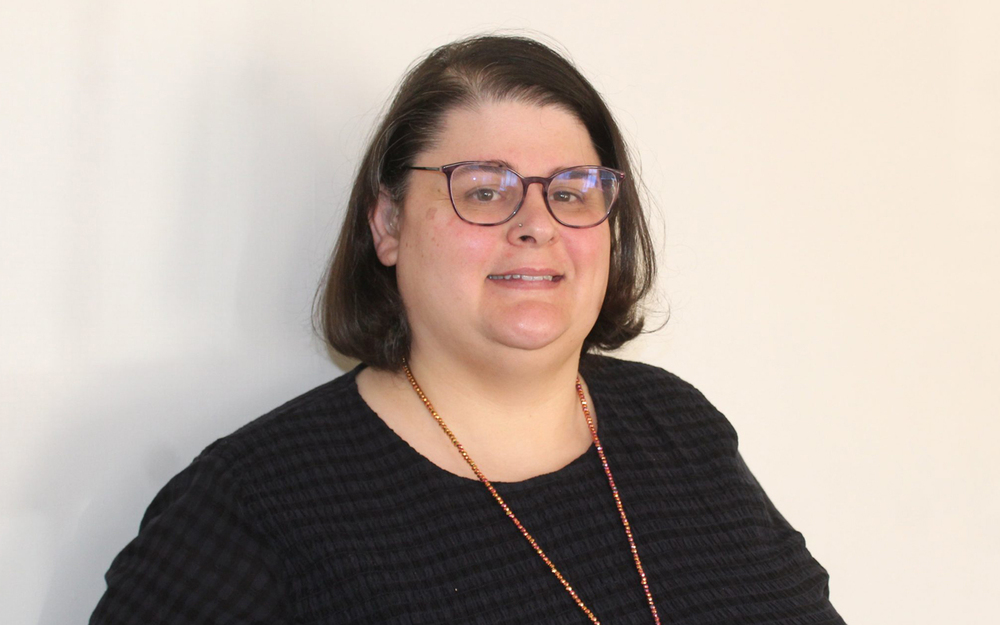Invercargill struggling without sign language interpreter
Local Democracy Reporter
17 September 2024, 8:53 PM
 Deaf community advocates Phillipa and Roger Strong presented to Invercargill City Council as part of its equity and access policy for Tākata Whaikaha (disabled people). Photo: ODT/Supplied
Deaf community advocates Phillipa and Roger Strong presented to Invercargill City Council as part of its equity and access policy for Tākata Whaikaha (disabled people). Photo: ODT/SuppliedInvercargill’s deaf community has signaled a desperate need for a sign language interpreter, two years since the last person left the role.
The hole has been felt by the city’s deaf community during that time, with one person saying they were seriously ill at hospital with no interpreter available.
Advocates for the deaf and disabled community expressed their frustration with Invercargill City Council as part of a consultation for its disability policy.
On Tuesday, Southland Deaf Community secretary Phillippa Strong told a hearing panel that a full-time interpreter would open the door for people to attend events, appointments, shows and concerts.
“Deaf people should be treated equally. Deaf people have rights,” she said.
The Southland Deaf Community was made up of about 13 - 15 members, but Strong said she knew of about 80 children in Invercargill who were deaf.
Her husband, Roger Strong, is the chair of Southland Deaf Community and communicates through sign language.
He told those gathered it was “very frustrating” trying to get by without interpreters.
“It’s hard, very hard, even to communicate with my own wife,” he said.
Also presenting was Jamie Randhawa, who proudly identified as both deaf and disabled.
Randhawa works as a sign language educator at the Southern Institute of Technology, and said a recent experience at an emergency department left her upset after it was revealed no interpreter would be available.

Jamie Randhawa said she recently experienced a situation at an emergency department where an interpreter was not available. Photo: ODT/Supplied
“It was very disappointing and disheartening and I was very ill at the time,” Randhawa said.
“It was not good enough.”
Tracy Peters represented a number of disability groups at Tuesday’s hearing.
Peters encouraged the council to appoint a staff member to the role of advocate for people with disabilities.
Peters detailed a recent incident of discrimination she’d experienced in the city, where a shop owner locked the door in front of her so she wouldn't be able to enter in a wheelchair.
It wasn’t until a customer at the shop found Peters in the street several minutes later and explained what had happened that she realised she’d been marginalised.
“When you’re dealing with disability, it’s tough.”
Deaf Aotearoa chief executive Lachlan Keating said it had been about two years since Invercargill had been home to a permanent interpreter, but the gaps were sometimes plugged by video calls or people flying in.
A lack of an interpreter made appointments with doctors, social service providers and government agencies difficult, he said.
There were about 120 interpreters nationwide, and about 95 percent of those were female.
In order to gain the qualification, people needed to study a three-year degree.
Upcoming recommendations to council will include a request for the mayor to set up a disability portfolio, and the development of an action plan for disability inclusion.
LDR is local body journalism co-funded by RNZ and NZ On Air
NEWS
SOUTHLAND'S LOCAL LEGENDS
EVENTS



